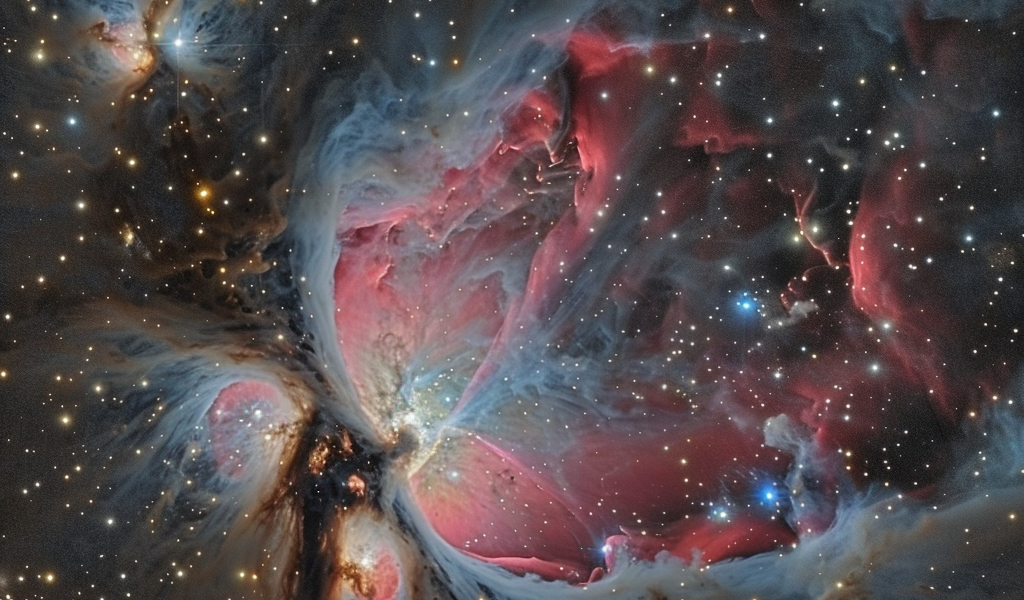Astronomers have made a groundbreaking discovery in the Orion Nebula, uncovering the destruction and re-formation of a significant amount of water within a planet-forming disk. This remarkable finding was made possible through a unique approach that combined observations from the James Webb Space Telescope (JWST) and quantum physics calculations.
The study, conducted as part of the PDRs4All Early Release Science program, was led by University Paris-Saclay Ph.D. student Marion Zannese and involved an international team, including Western astrophysicists Els Peeters and Jan Cami. The research, published in Nature Astronomy, sheds light on the intricate processes taking place within the Orion Nebula.
Peeters, co-lead investigator of PDRs4All and a faculty member at Western’s Institute for Earth and Space Exploration, expressed astonishment at the findings, stating, “It is so impressive that in just a few pixels of observations, and focusing on a few of the lines, we can actually figure out that you have an entire ocean of water being evaporated every month. This discovery was based on a tiny fraction of our spectroscopic data. It is exciting that we have so much more data to mine and I can’t wait to see what else we can find.”
The discovery holds significant implications as water is a fundamental component for the emergence of life as we understand it. While most of the water in Earth’s oceans was formed in cold regions of interstellar space, a portion of this water could have been destroyed and re-formed at higher temperatures during the early stages of the solar system’s formation.
By delving into this enigmatic process of water recycling, the researchers have opened new avenues for understanding the dynamics of planetary formation and the potential conditions for life beyond our planet. The James Webb Space Telescope continues to unveil the mysteries of the universe, offering unprecedented insights into the cosmic phenomena that shape our understanding of the cosmos.





